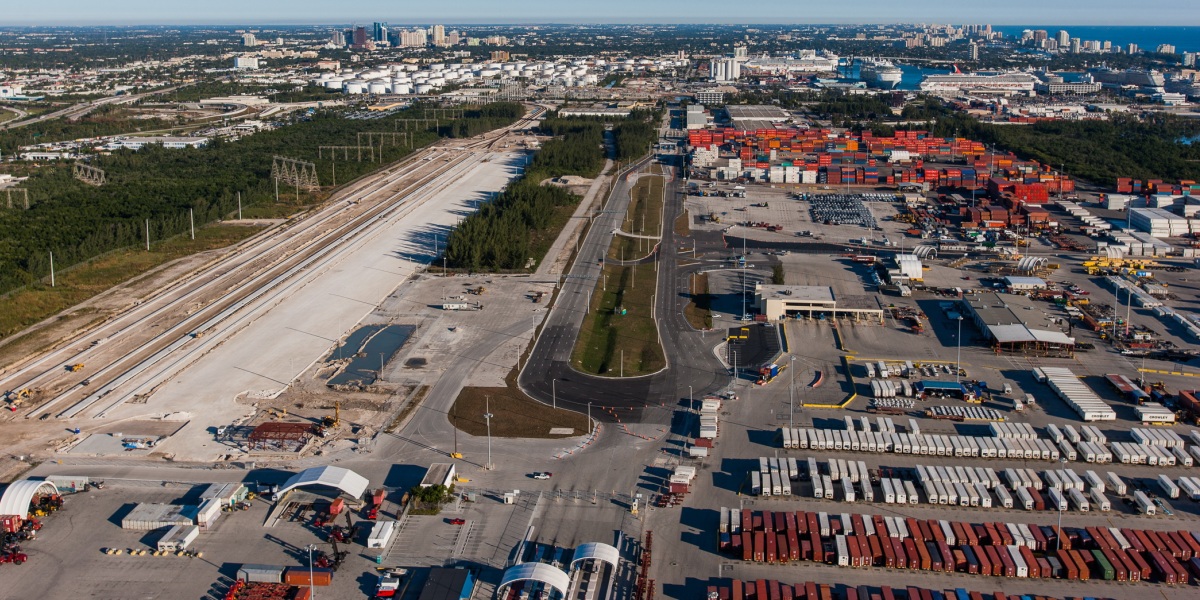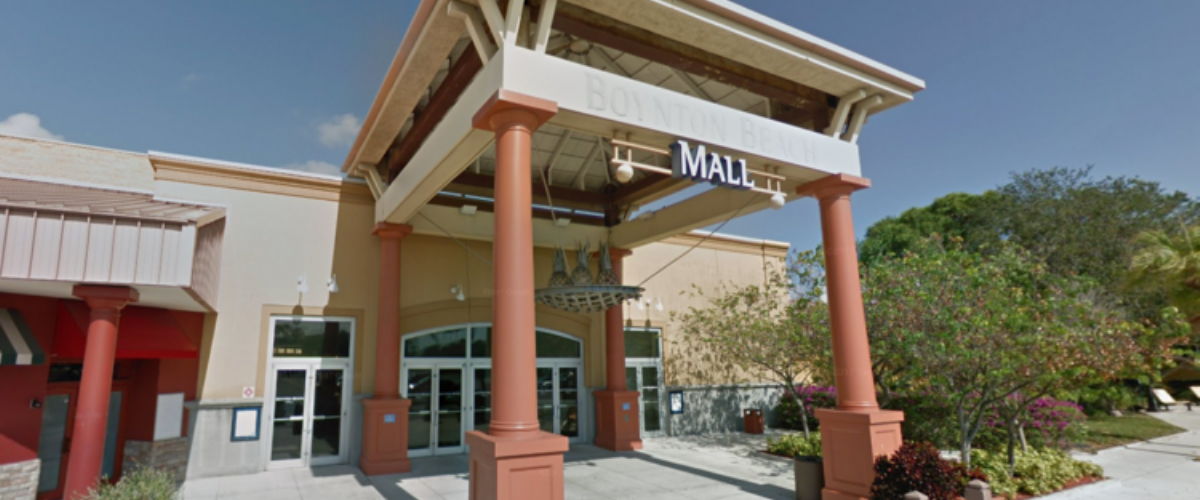Tracking E-Commerce To A Career In Industrial Real Estate Brokerage
Doubts of growing your retail brick-and-mortar clientele have you reaching for antacid from the bubble wrap parcel on your porch?
Don’t post a “closed” sign on your commercial real estate journey. Instead, consider pivoting to 32-foot clear heights and secured trailer parking.
E-commerce keeps growing. In 2017, U.S. online retail sales increased 16% year-over-year, up four out of five years running, and yielded $453.5 billion in total sales, according to CBRE. Of the 50 largest industrial leases finalized last year, approximately 43% involved e-commerce companies.
For some, specializing in industrial brokerage may be the way forward. Experts see the logistics real estate market as early stage.UBS forecasts the pace of change in e-commerce is expected to accelerate market-share transfer, from in-store retail sales to online, driven by quicker-than-expected adoption of mobile from consumers.
Speaking to the crowd at I.CON ’18 in June in Jersey City, the Senior Managing Director with Crow Holdings Industrial Clark Machemer put it, “Today’s warehouse industry is the logistics business.”
Now may be time to synchronize your industrial sales and leasing future, as demand is up for real estate along the rapid throughput supply chain. CBRE calculated that for an incremental $1 billion growth in e-commerce sales, an additional 1.25 million square feet of distribution space is needed to service the growth. NAIOP, the Commercial Real Estate Development Association, cited Forrester’s forecast where U.S. e-commerce sales will rise 9.3% annually over the next 5 years to top $523 billion.
Media interest in e-commerce has added foot-candle on the interrelationship of goods fulfillment factors and real estate. Of course, there’s the Amazon HQ2 bonanza. Over in home improvement, Home Depot is gearing up to spend $1.2 billion across five years on 170 distribution facilities to access “90% of the U.S. population in one day or less.”
In this unfolding era of omni-channel retailing, industrial pros know expanding the supply of new construction and repurposing obsolete facilities is about satisfying the space race. Site selection for first mile, middle mile and last mile facilities won’t just affect industrial parks. Inner cities are in play. It’s about population. Many e-commerce companies and third-party logistics providers want a perch near densely-packed rooftops of consumers.
Earning Their Business
With e-commerce projected as a growth driver over the next five years for both the U.S. economy and development of facilities, what imperatives should e-commerce clients expect from their industrial real estate brokers?
“E-commerce clients expect a level of sophistication from the industrial brokerage business that didn’t exist 10 years ago,” says William Waxman, executive vice president at CBRE.
Waxman is an authority on corporate, industrial and supply chain real estate. In 2017, he was awarded NAIOP New Jersey’s Industrial Deal of the Year for Blue Apron’s 495,000-square-foot lease.
“My e-commerce clients expect me to have a comprehensive understanding of what they’re doing,” Waxman says. “Not just an understanding of their business, but an understanding of their values. And to respect their values, and to make sure the developments, the facilities are respectful of their values, as well.”
Waxman, who also was a speaker at I.CON ’18, is well regarded for maintaining relationships.
“E-commerce clients especially want to know they have a trusted advisor in their industrial broker. They want to know everything will get done at a very high level. From a tertiary environment to a primary environment, the quality of the work will be the same no matter where the properties are located,” said Waxman.
Representing In A Disruptive Age
Whether you’re already growing your book of business or shifting careers, specializing in logistics real estate on property types that support e-commerce may be your next thing.
“It’s the kind of industry you just need to be passionate about,” Waxman says. “When your clients have a pain point, you must have a solution for them.”
Waxman observes clients in e-commerce desire collaboration, and hire a multitude of service providers on deals, so they expect connections from the broker.
“You’ve got to know the right experts, as a service of building-out their project teams,” Waxman advises. “My e-commerce and tech clients want me to recognize through cost-benefit analysis whether they would benefit from a particular economic incentives package, or benefit from an in-depth labor analysis. Don’t be transactional brokers. Be a resource. You’re working for their best interest. Whether you’re onsite at a trucking company, or in a Fortune 200 board room, show how you’ll save them money. It goes to their bottom line.”
Even though Waxman leads CBRE‘s world renowned Port and Integrated Logistics Practice, he doesn’t forget to pound pavement.
“Old-fashioned shoe leather – there’s nothing wrong with that,” say Waxman.
Source: Forbes












Leave a Reply
Want to join the discussion?Feel free to contribute!